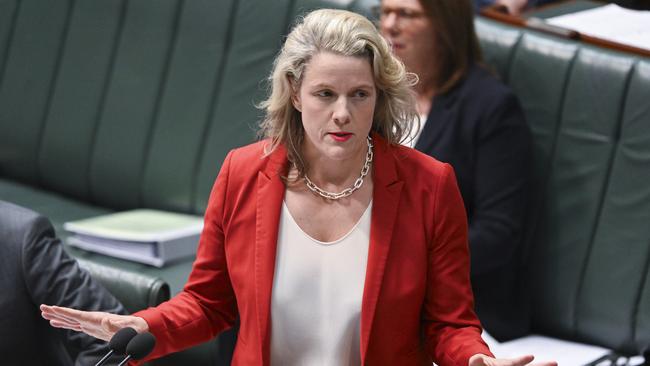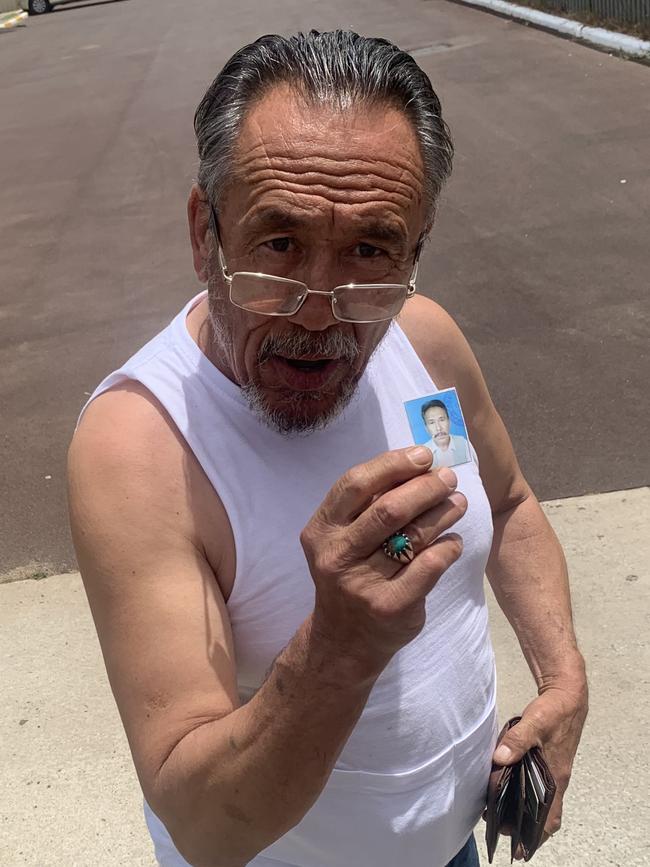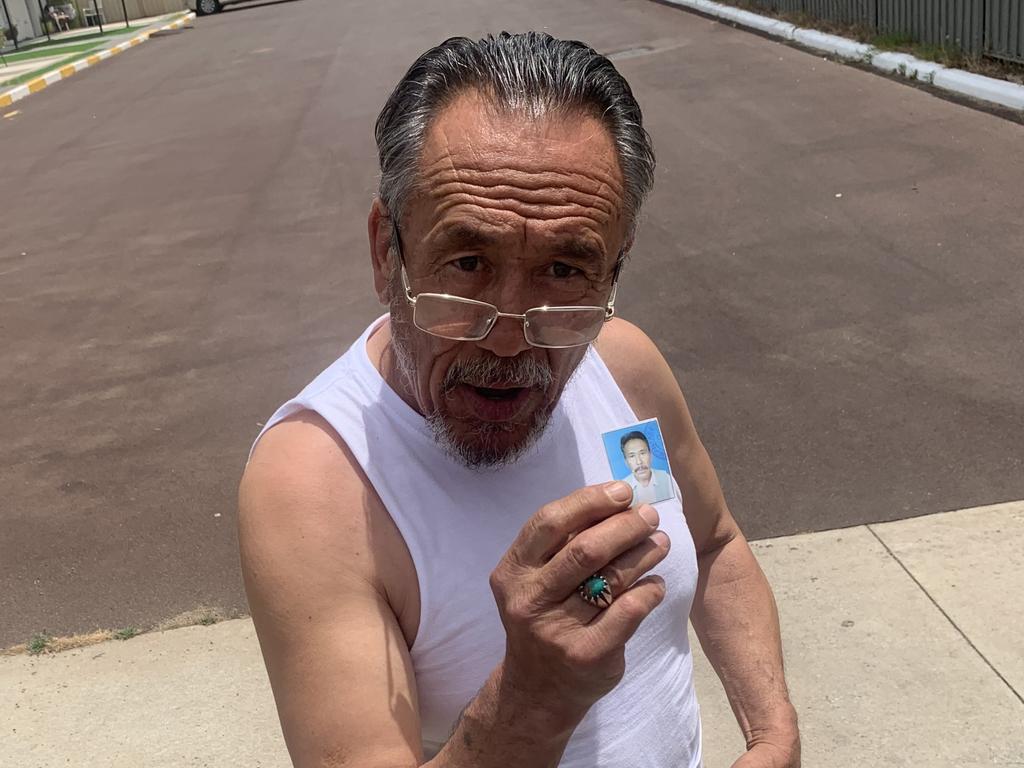Federal agencies set to take lead with detainee monitoring duties
Australian Federal Police, Border Force and Home Affairs seem set to be responsible for monitoring freed immigration detainees including murderers and rapists

Commonwealth agencies including the Australian Federal Police, Border Force and Home Affairs appear likely to land the role of monitoring the 84 detainees who have been released from immigration detention.
Talks were still under way late on Thursday between the commonwealth, states and territories over who was to be responsible for monitoring the group, some of whom have serious criminal convictions including for murder, rape and sexual abuse of children.
State police forces, already under strain due to the need to police the large protests which have erupted between supporters of Israel and Palestine, were reluctant to take on the monitoring of a new group of offenders, but agreed to work co-operatively with the federal government.
Plans were being discussed late on Thursday to require some of the group who pose a serious threat to the community to report to law enforcement – likely Border Force or Home Affairs officers – while the AFP was being mooted as the organisation that would monitor electronic bracelets.

It is not clear where the detainees would have to go to physically report to Home Affairs or Border Force officers.
The frequency of the reporting was being decided on a case-by-case basis for each individual.
The ABF was advising all states and territories which offenders had been moved into their jurisdictions and what their criminal histories were.
“A joint ABF-AFP operation is co-ordinating the response of the relevant federal and state and territory agencies,’’ a spokesman for Home Affairs Minister Clare O’Neil said.
“There was initial thought that the group could be monitored by state jurisdictions in the same way local sex offenders or parolees are.
The large states, mainly NSW and Victoria, also work closely with the AFP and other federal law enforcement agencies in joint counter-terrorism task forces, where the agencies are jointly responsible for monitoring people deemed a risk to the community.
The Australian was told that while 84 detainees had immediately been released following this week’s High Court ruling, another 10 were undergoing final assessments and were also likely to be released shortly.
And while there are 340 people who have been in immigration detention for more than a year, the vast majority are not stateless and are simply waiting to be deported.
West Australian Premier Roger Cook said WA police would be willing to help in enforcing the new stricter monitoring rules being pushed through the federal parliament.
“The laws being considered in parliament are to make up for the defective laws that were passed by the Liberals and Nationals in previous parliaments,” Mr Cook said. “We respected the decision by the High Court and we expect the commonwealth to now make the necessary changes to continue to keep the community safe.”
“These are fundamentally operational issues that Australian Border Force are responsible for executing, and WA police stands ready to assist them in carrying out those activities.”
The Yongah Hill detention centre in WA, is the second-largest facility in Australia. Of the 83 detainees released as a result of the High Court decision, some 32 were freed from Yongah Hill.







To join the conversation, please log in. Don't have an account? Register
Join the conversation, you are commenting as Logout